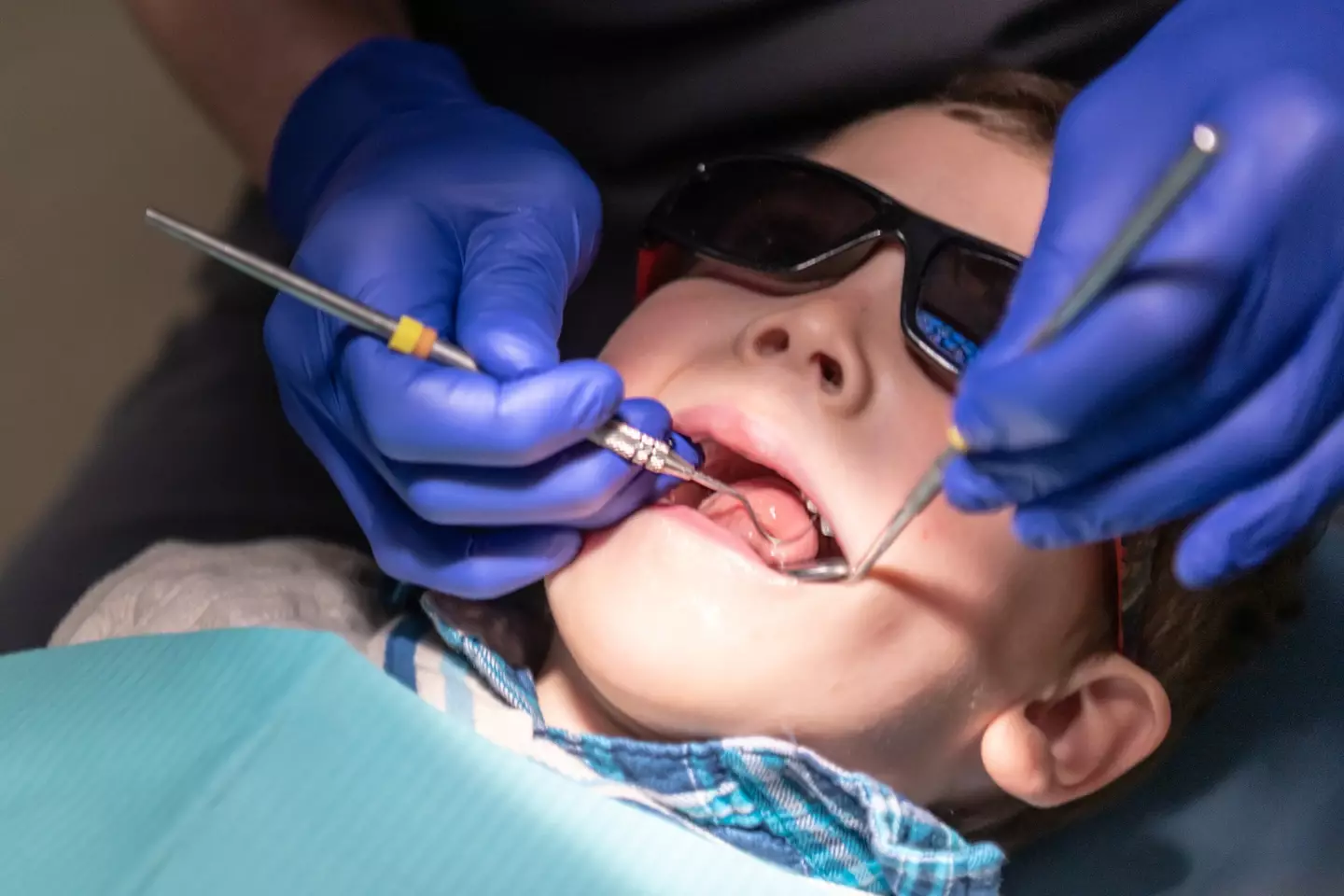
For decades, fluoride has quietly worked away in America’s drinking water, protecting millions of teeth without much fanfare. But now, that could all change – and scientists say the consequences might not be pretty.
First introduced in Michigan in 1945, water fluoridation has long been hailed as a public health success story, cutting rates of tooth decay across the country. But more recently, it’s become a lightning rod for political debate and health concerns. The U.S. government is facing growing pressure to roll back its support for adding fluoride to tap water.
Earlier this year, U.S. Health and Human Services Secretary Robert F. Kennedy Jr reportedly announced plans to rescind the CDC's long-standing recommendation to fluoridate public drinking water. At the same time, the Environmental Protection Agency (EPA) is reviewing the latest science around fluoride's potential health risks, especially regarding its neurotoxicity in high doses.
That might sound like progress to fluoride skeptics, who’ve long argued against its use. But researchers say scrapping fluoridation could come at a major cost – especially for the nation’s kids.
Advert

Harvard School of Dental Medicine's Sung Eun Choi and Brigham and Women’s Hospital's Lisa Simon recently published a study in the journal, JAMA Health Forum, modelling what might happen if the U.S. stopped fluoridating water entirely. In short, the results aren’t great.
The pair explain: “Fluoride prevents tooth decay through 2 mechanisms: by converting hydroxyapatite in tooth enamel to the more acid-resistant fluorhydroxyapatite and by inhibiting some bacterial enzymes”. Basically, it makes teeth stronger and bacteria less effective.
They weren’t just speculating either. The researchers based their projections on data from 8,484 children across the country, sourced from the National Health and Nutrition Examination Survey between 2013 and 2016.
Their model predicted a 7.5 percentage point rise in tooth decay within five years of removing fluoride, amounting to 25.4 million extra cases of dental caries. Unsurprisingly, kids from lower-income households or without private insurance would be hit hardest.

As for the financial impact, that’s nearly $10 billion in extra dental treatment costs over five years – a figure that balloons to $19.4 billion over a decade.
The researchers wrote: “This cost-effectiveness analysis found that cessation of public water fluoridation would increase tooth decay and health system costs in the US”.
If this all sounds familiar, that’s because similar patterns have played out before. Windsor, Ontario scrapped fluoride in 2013, only to bring it back five years later after tooth decay levels soared. In Canada, Calgary’s kids suffered worse dental health than those in Edmonton – the only difference being fluoridation. Even in Juneau, Alaska, removing fluoride in 2007 led to a spike in kids getting treated for cavities.
Despite concerns about neurotoxicity, Choi and Simon make it clear that current fluoride levels in U.S. drinking water – over 99 per cent of which are within EPA guidelines – "are not definitively associated with worse neurobehavioral outcomes."
So while the debate rages on, the science appears pretty clear. Unless Americans want to pay more and smile less, fluoride might be worth keeping on tap.
